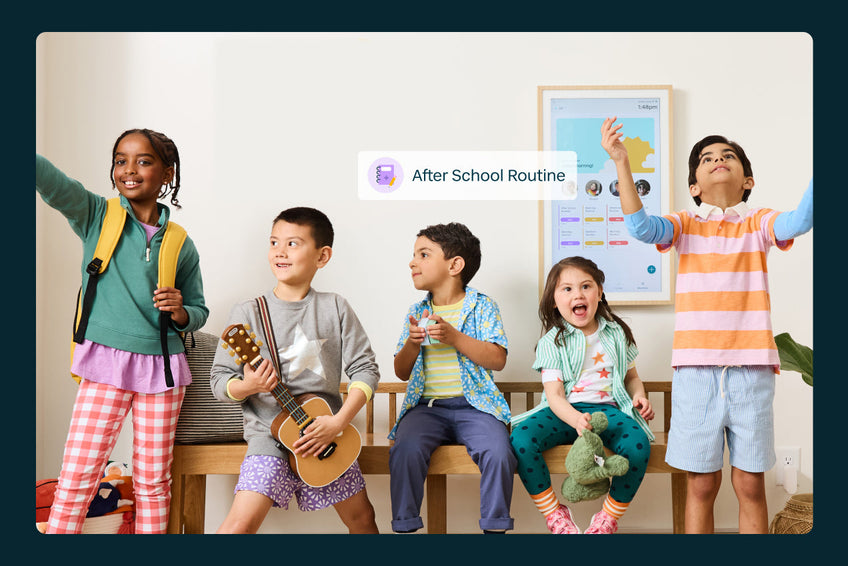Paper vs digital planner: Why even paper lovers might benefit from using a digital calendar.
Paper Planner vs Digital Planner: Key Differences
Paper planners and digital planners are two popular tools used for organizing schedules, tasks, and goals. While both serve the purpose of helping individuals stay organized, they have distinct differences in their features and user experiences.
Paper planners are physical, tangible objects that allow users to write down their plans and goals using pen and paper. Digital planners, on the other hand, are software applications or online platforms that are accessed and used on electronic devices such as smartphones, tablets, or computers.
The accessibility and convenience of information is the main differentiating factor. With a digital planner, users can easily access their schedules and tasks from multiple devices, synchronize data across platforms, and set reminders and notifications. Paper planners, on the other hand, require physical access and may not offer the same level of convenience in terms of data synchronization and reminders.
1. Consider the pros of a digital calendar
Maybe you're used to a to do list in a paper planner. Perhaps the idea of your everyday planner on a digital device intimates you. You're not alone! Making the switch from paper planner to online calendars can be tough. But think of all the upsides! Your daily tasks will be at your finger tips. Writing down all the information you need to make planning a breeze won't require paper or pen. Plus, a digital planner is the more environmentally friendly option.
2. Think about the cons of paper planners
It starts with making sure you have enough paper. Then it's the time consuming act of writing out your scheduled events. Soon, your planner becomes less of a creative outlet and more of a mess of paper planning for the weeks to come. A paper planner requires a refill or a replacement every year. Paper calendars might be nice for note taking, but what happens when you're on the go? Your busy schedule deserves a digital planner that can keep up.
3. Can you combine paper and digital planners for better productivity?
Some people can't shake their love for crossing a completed task off a to do list in a paper planner. So maybe you could lean on a paper planner for daily planning, which depending on a digital calendar for your upcoming events and the calendars of your family members.
4. Switching from paper to digital planner isn't as difficult as it seems.
Without physical things like a paper planner to weigh you down, you'll wonder how you made it work without a digital calendar for all those years. Writing within the limited space that a paper calendar offers is only the beginning. The most important things, like being sure to remember things you've planned in advance, only become more natural when you switch from paper to digital. Most people find that the benefits of technology far outweigh any fears they might have had from the start. Your comfort with digital calendars is in direct correlation to how much time you spend adapting to your new system.
5. Physical calendar versus digital calendar and your personal life
It's true that lots of people are used to keeping track of their personal life in a paper planner. But a paper calendar can't account for the last-minute changes and revisions to plans the way a digital planner can. Using something like Google calendar for hanging with friends and family might feel formal at first, but soon, you'll wonder how you did it without digital planning.
6. Integrating Google calendar helps you realistically plan.
Upcoming events can't sneak up on you the same way they do on paper calendars when you rely on Google calendar. You can even set alerts to be reminded of tasks and schedule-related events to come. Can your paper planner do that?
7. Sometimes the best planning is done on the go
Paper calendars confine us to one spot. And when you're out with and about, dependent on your digital devices, you won't be able to easily reference the paper planning you used to map out your personal life.
8. Keeping track of reoccurring to do's shouldn't require re-writing things every week
Here's where the paper planner vs digital calendar debate really shows. Digital calendars don't require you to set up your week with the same reoccurring tasks every week. Instead, these can be automated, helping you to spend less time in your digital calendars and more time living your life.
9. There's a learning curve with every new planner
Even the most committed digital planner users can admit that getting used to a new system takes some time. While you're transitioning from paper planners into the world of digital planning, consider using both for a short period. Writing down your tasks might feel like the best system you can think of, until you move from using a pen to typing on the go. With the right apps and a little trust in the process, you'll be a natural in no time.
10. Digital planning might just become your personal preference
No matter how committed you've always felt to paper planners, you might be surprised at just how easy the trade for digital calendars proves to be.




